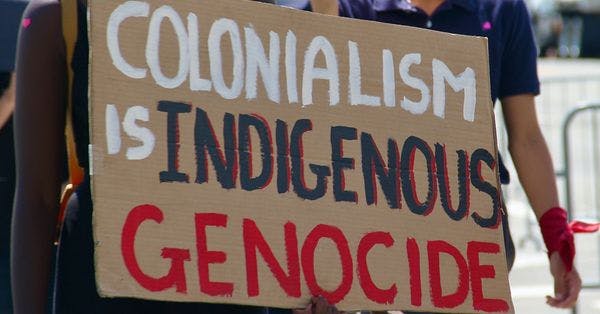Manny Becerra - Unsplash
To support indigenous rights in Latin America, decolonise drug policies
By Ana Clara Telles, Colleen Daniels & Manaka Infante / Filter
Drug prohibition has had a devastating impact on Indigenous peoples in Latin America. Over the past century, it has been used as a justification to occupy Indigenous lands, bring violence and death to Indigenous communities, and criminalize Indigenous religious and cultural practices, among countless other human rights abuses across the region.
In the Andes, crop-eradication campaigns have militarized coca-producing areas and displaced Indigenous people to neighboring countries. In Brazil, anti-drug rhetoric has been used to justify police raids in Indigenous communities. In Mexico, where 21 percent of the population identify as Indigenous, both peyote and psilocybin mushrooms are prohibited for almost all Mexicans, and some species are in danger of extinction. Across the region, Indigenous people are also disproportionately incarcerated on drug charges, particularly for cultivation.
Throughout much of the region, Indigenous lands have become the epicenter of battles between ruthless drug trafficking organizations and corrupt police and military forces—each side holding Indigenous peoples hostage to their agendas, and threatening the communities with violence if they fail to contribute to their goals.
Related Profiles
- Filter Mag
- Harm Reduction International (HRI)
